The Architect of Modern India
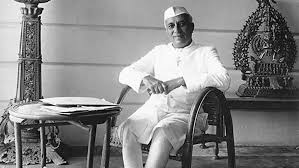
It is rather difficult to understand why the BJP-RSS ecosystem routinely attacks Jawaharlal Nehru, the first prime minister of India who died more than 60 years ago and is irrelevant to the politics of the day. The more ridiculous is the fact that this ecosystem blames Nehru as being anti-Hindu, little realising that he belonged to the community of Kashmiri Brahmins which considers itself as being the top of the Hindu caste hierarchy because of having the most undiluted Aryan blood. Nehru always had Panditji as suffix in his name and people of his time always referred to him as Panditji instead of Nehru ji.
Whether it is being the birth anniversary of Sardar Patel or Netaji Subhash Bose or the song Vandematram of our freedom struggle , the BJP-RSS ecosystem creates an opportunity to downgrade Nehru and that too on a totally false narrative. Though there were differences of perception the fact is that Sardar Patel and Netaji Bose had best of relations and regard for Nehru. Rather both these great leaders of our freedom struggle totally opposed to the communal mindset of the RSS expressed their opposition to it in no uncertain terms.
Perhaps the determined BJP-RSS opposition to Nehru is because he ruthlessly attacked the communal, sectarian and neo fascist philosophy of RSS and strongly opposed the exploitative business practices of our trading community which provided sustenance to RSS-BJP ecosystem.
A totally blind opposition and a negative approach to Nehru and his doctrine has led the Modi government to commit big mistakes in its foreign policy. While getting too close to Israel caused New Delhi a big embarrassment as the true face of the Zionist regime came into open in the recent conflict in Palestine and Israeli atrocities on the people of Gaza. Similarly the imposition of tariff and pronouncements of President Donald Trump made it clear that coming too close to the U.S. is not something which is desirable. Prime Minister Modi is realising it now and is trying to maintain some distance from him. Little did Modi realise that the Nehruvian worldview remains relevant for Indian diplomacy even in the 21st century.
Today the Modi Government may make boastful claims of India being a Vishwa Guru we do not enjoy the respect in the comity of nations which India enjoyed at the time when Nehru was the Prime Minister of our country. Having been left as a pauper by the colonial exploitation by the British rulers India was poor and developing in Nehru’s time. But his vision and moral leadership gave India the respect which we do not get despite being one of the five top economies and a major industrial and military power today.
Today we talk of the Global South and India playing a leading role in India. Nehru sensitized the world about it . The Asian Relations Conference (1947) and the Bandung Conference (1955) reflected Nehru’s vision of Asian and African nations speaking with one voice. These initiatives laid the groundwork for South–South cooperation and the later push for a New International Economic Order.
Economic self-reliance, an internal development objective, also became a diplomatic instrument. Nehru rejected both Western capitalism and Soviet collectivism, aiming instead for a “third way” of mixed economy. Through technical cooperation with diverse countries—including the U.S., the U.S.S.R., and Western Europe—India sought to build industrial capacity without ideological dependence [2].
The establishment of the Planning Commission (1950), the Industrial Policy Resolution (1956), and India’s participation in the Colombo Plan (1950) all demonstrate how diplomacy and development converged under Nehru’s leadership.
Jawaharlal Nehru’s foreign policy remains one of the most defining frameworks in India’s modern history. Emerging in the turbulent years after independence, it combined moral idealism with pragmatic diplomacy and helped shape the new nation’s identity in world affairs. Rooted in the principles of non-alignment, peaceful coexistence, and Third World solidarity, Nehru’s approach sought to protect India’s sovereignty while contributing to a more equitable global order.
Jawaharlal Nehru, as both Prime Minister and Foreign Minister, responded by crafting a vision that fused ethical conviction with practical statecraft. He saw India not as a passive recipient of global trends but as an active moral force that could mediate between East and West.
Nehru’s worldview rested on three broad ideas
First, his faith in humanist internationalism — the belief that peace, justice, and equality were not merely political goals but universal moral values.
Secondly, his conviction that political freedom must be backed by economic self-reliance. National sovereignty, he argued, could not survive without industrial and technological strength.
And finally, his commitment to democracy — not just as a domestic system but as a principle guiding India’s relations with others.
In these convictions, Nehru was shaped by both India’s civilizational ethos — the ancient ideal of Vasudhaiva Kutumbakam, the world as one family — and by his exposure to Western liberalism and socialist thought. His foreign policy therefore reflected both India’s moral traditions and modern rationalism.
By the late 1950s, India had become a moral voice for the developing world. During the Korean War, it played a mediatory role; during the Suez Crisis, it supported Egypt’s sovereignty; and in the United Nations, Indian diplomats like V. K. Krishna Menon argued passionately for disarmament and decolonization.
The fact is that more than six decades after his death, Nehru’s imprint endures. The vocabulary may have changed — “non-alignment” has become “strategic autonomy” — but the essence remains. India still seeks an independent path between global powers, balancing relations with the U.S., Russia, and China without binding military alliances.
His faith in multilateralism remains equally relevant. India’s leadership roles in the G-20, BRICS, and the United Nations echo his belief that global problems demand collective solutions. The 2023 Global South Summit, hosted by India, was in many ways a modern echo of Nehru’s Bandung spirit.
The principle of economic self-reliance, too, has found new expression in the “Atmanirbhar Bharat” initiative. While the methods differ, the underlying idea — that sovereignty requires technological and industrial independence — is unmistakably Nehruvian.
In regional policy, his insistence on non-interference continues to guide India’s cautious engagement with neighbors like Myanmar and Sri Lanka. His legacy also thrives in the realm of soft power — India’s cultural diplomacy, from yoga and cinema to digital innovation, extends a tradition he consciously cultivated through institutions like the ICCR and UNESCO.
Above all, Nehru’s belief in moral leadership — that diplomacy must serve peace and justice rather than mere power — remains the moral compass of Indian foreign policy. In debates over nuclear disarmament, climate justice, and digital governance, Modi’s India often invokes the same ethical language that Nehru articulated in the 1950s.
The world has changed dramatically since the 1950s. Cold War blocs have dissolved, global power has shifted to Asia, and new challenges — from climate change to cyber warfare — now shape diplomacy. Yet the Nehruvian spirit endures: the conviction that India must think independently, act ethically, and pursue peace without submission.
(Author, a senior journalist and commentator, edits Mediamap news network and chairs a non-profit MBKM Foundation.)

 3 months, 2 weeks ago
3 months, 2 weeks ago
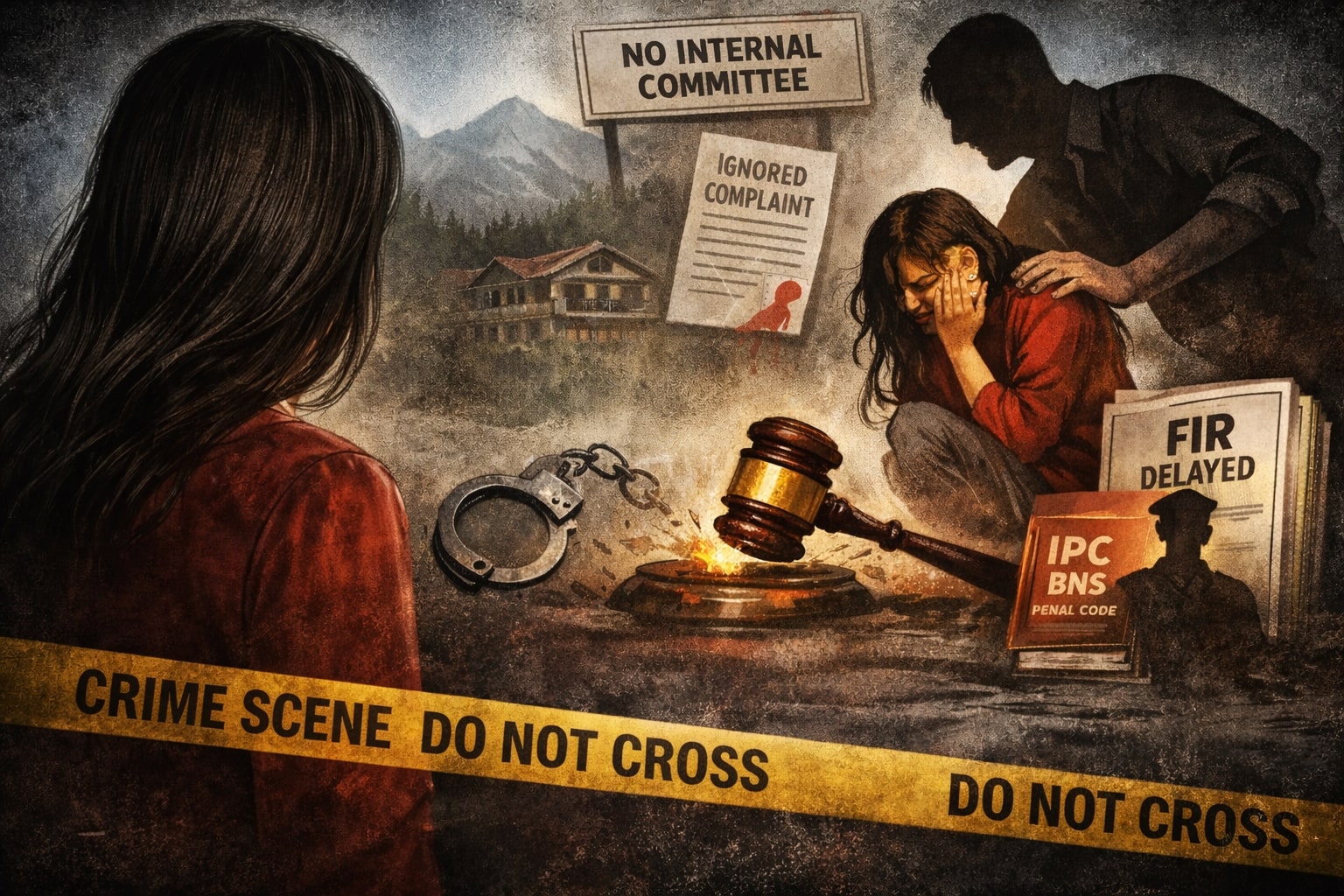
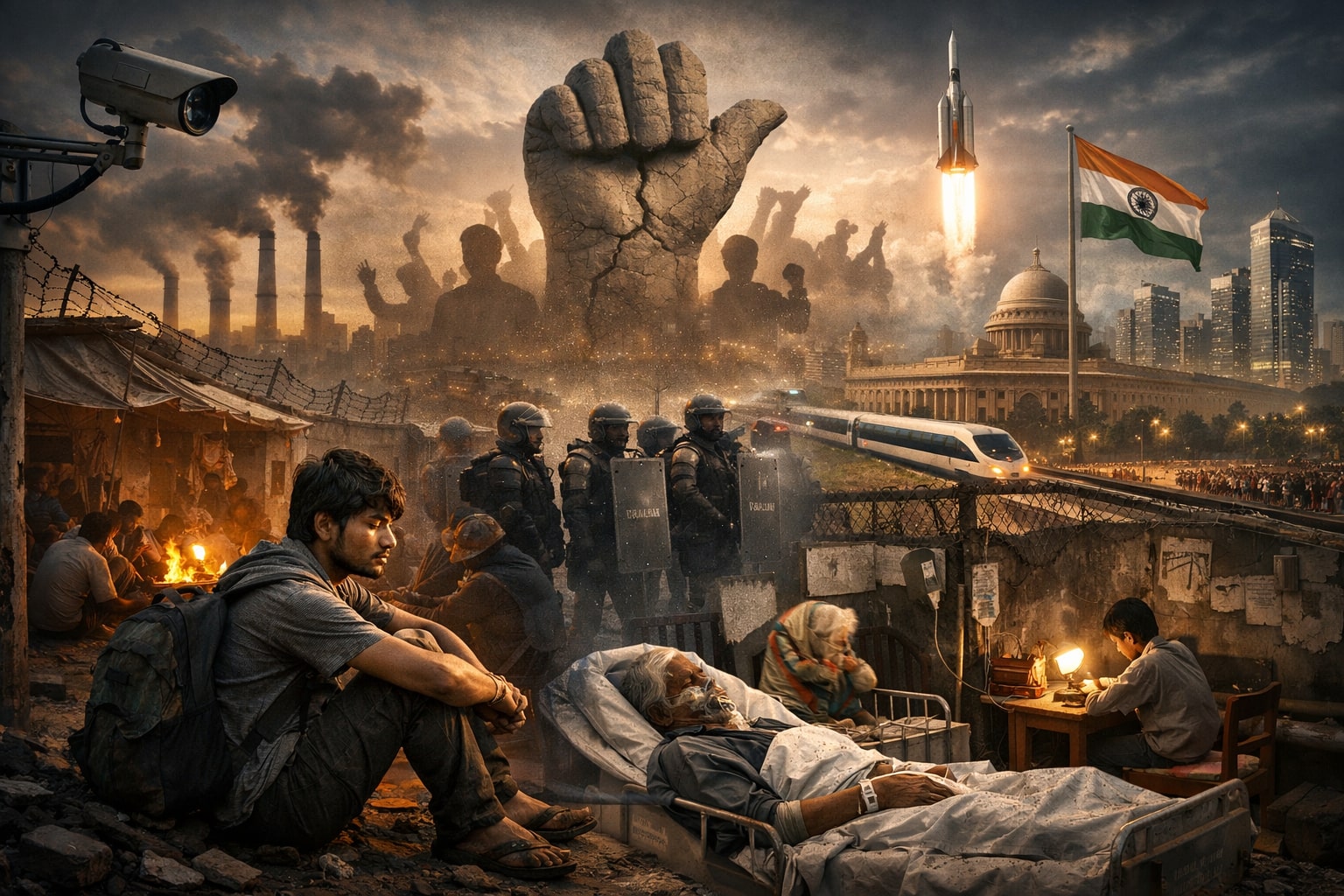
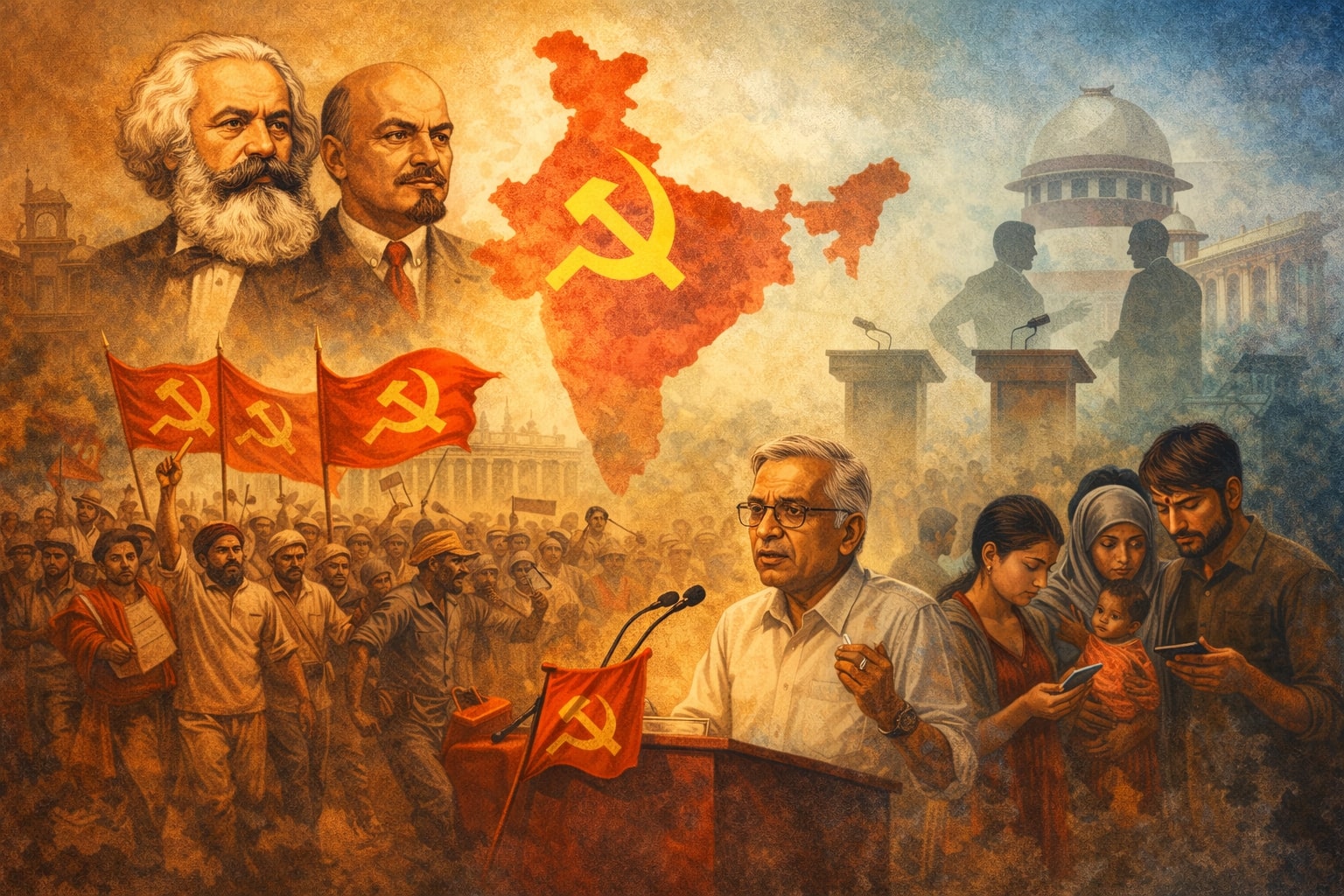

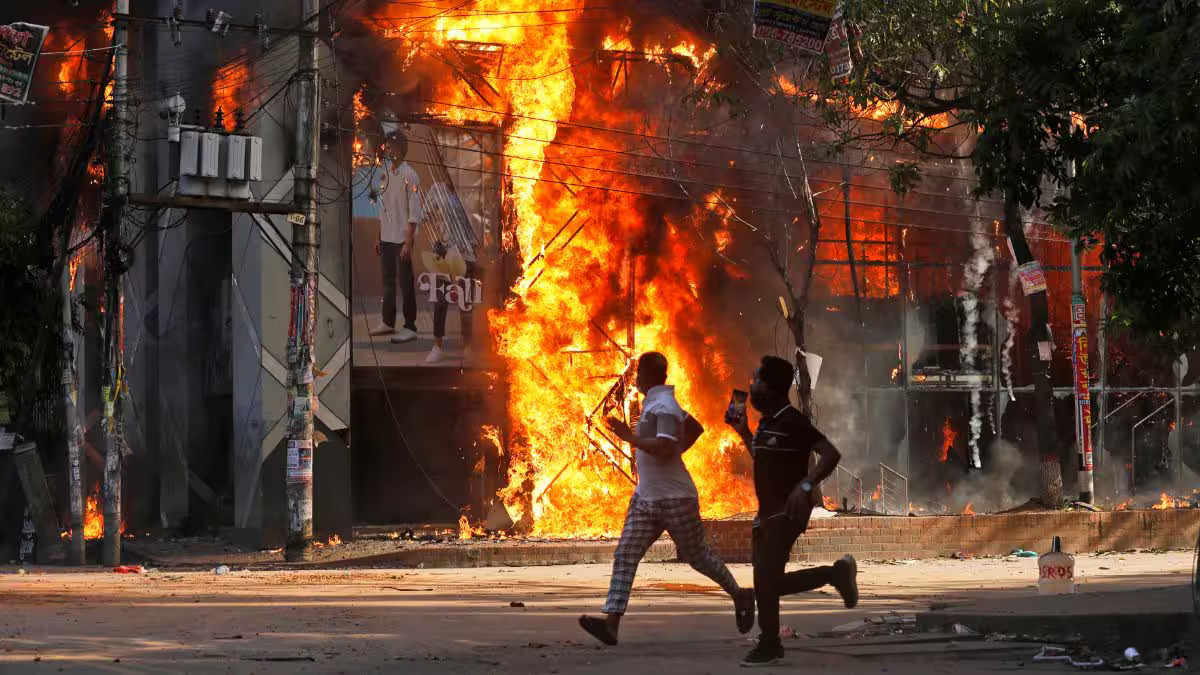
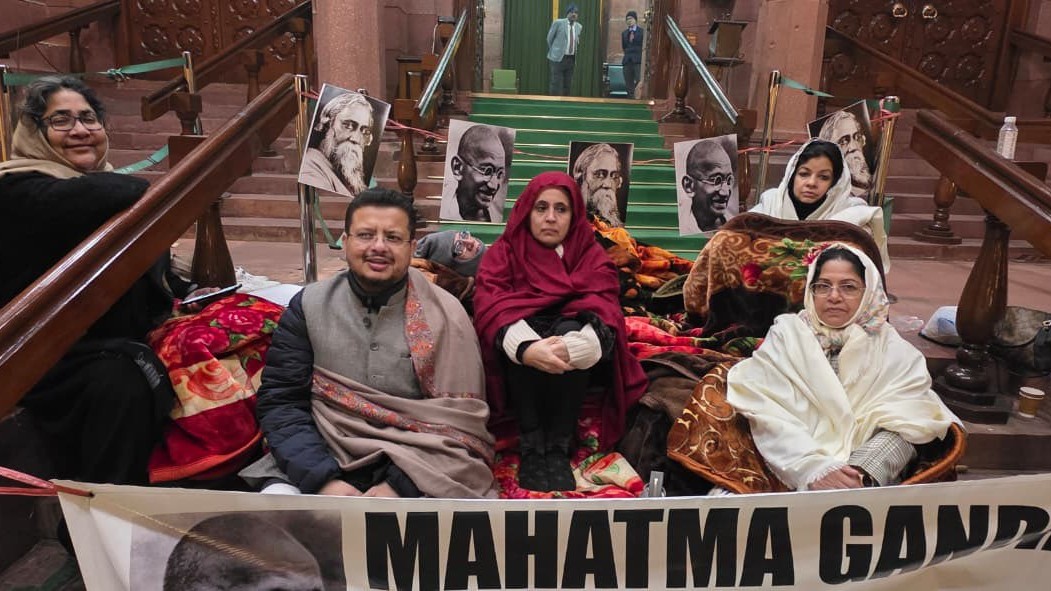

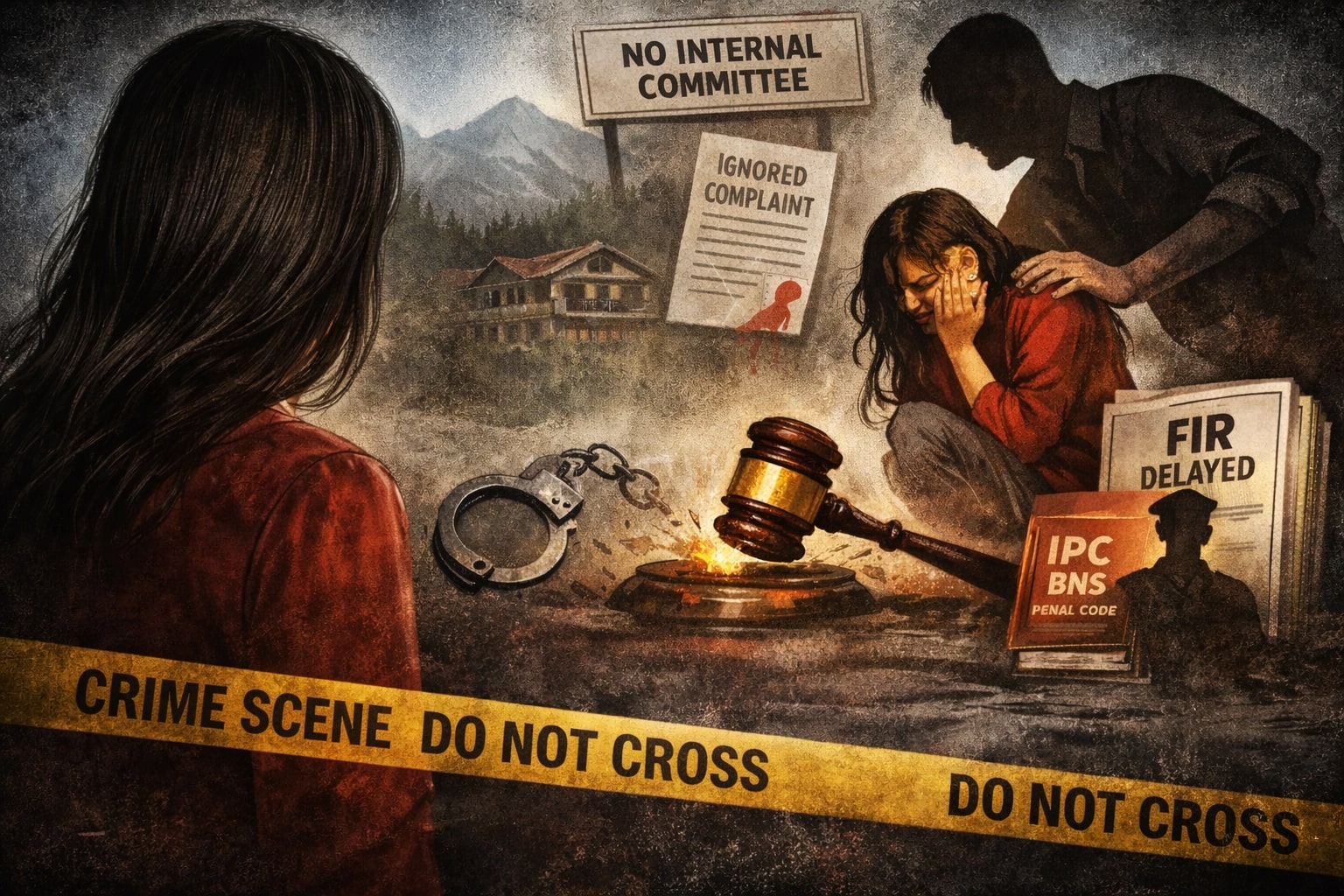
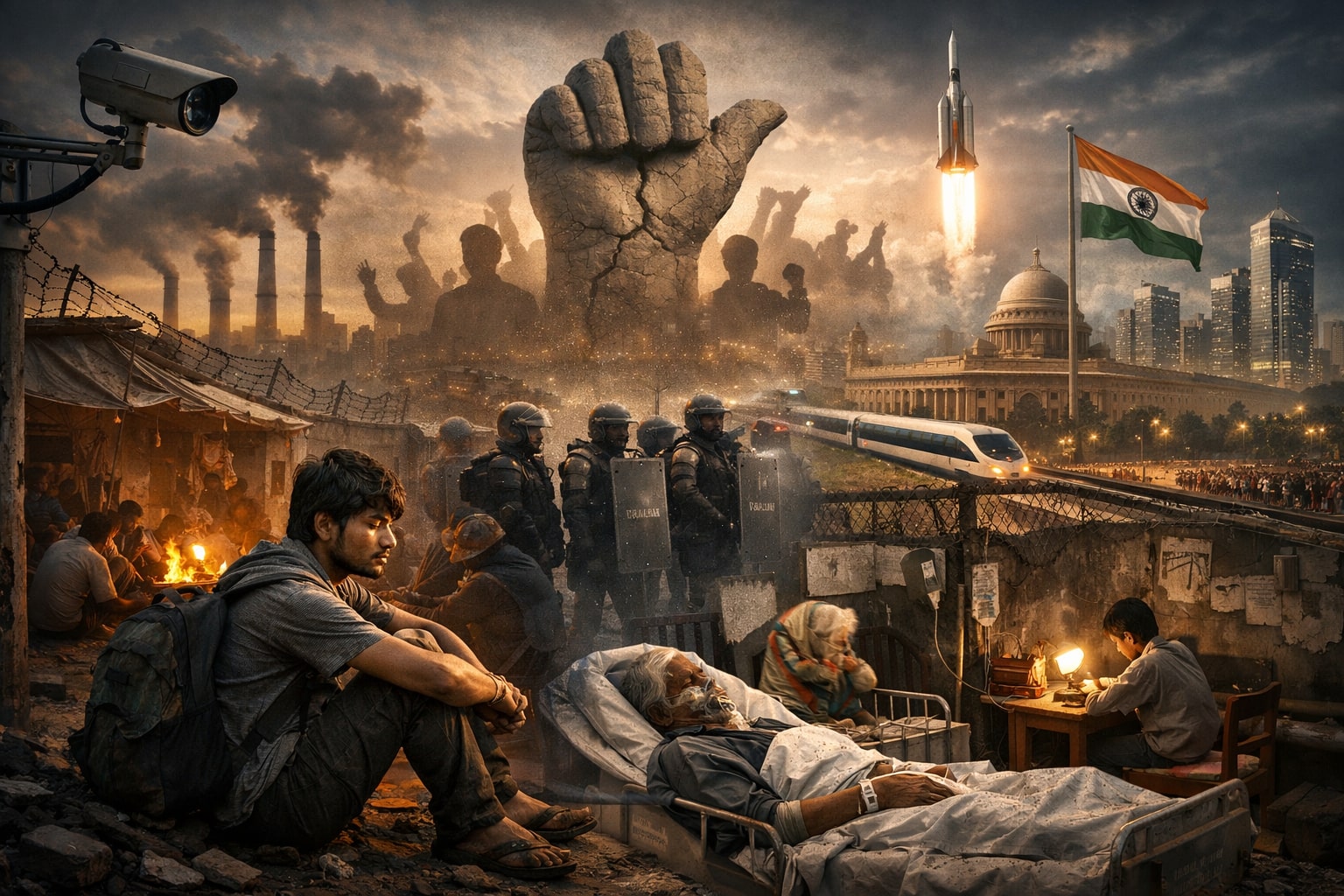
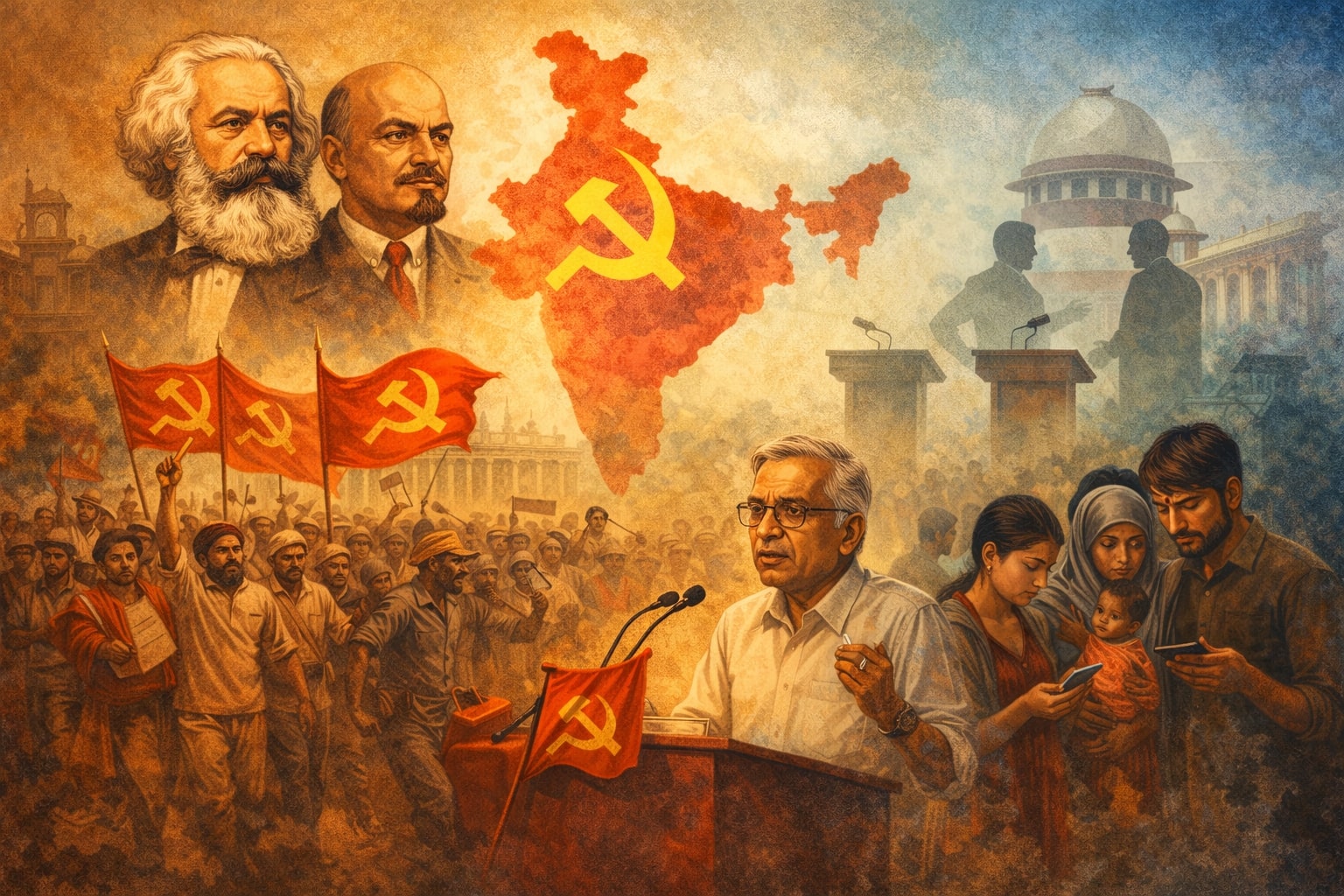
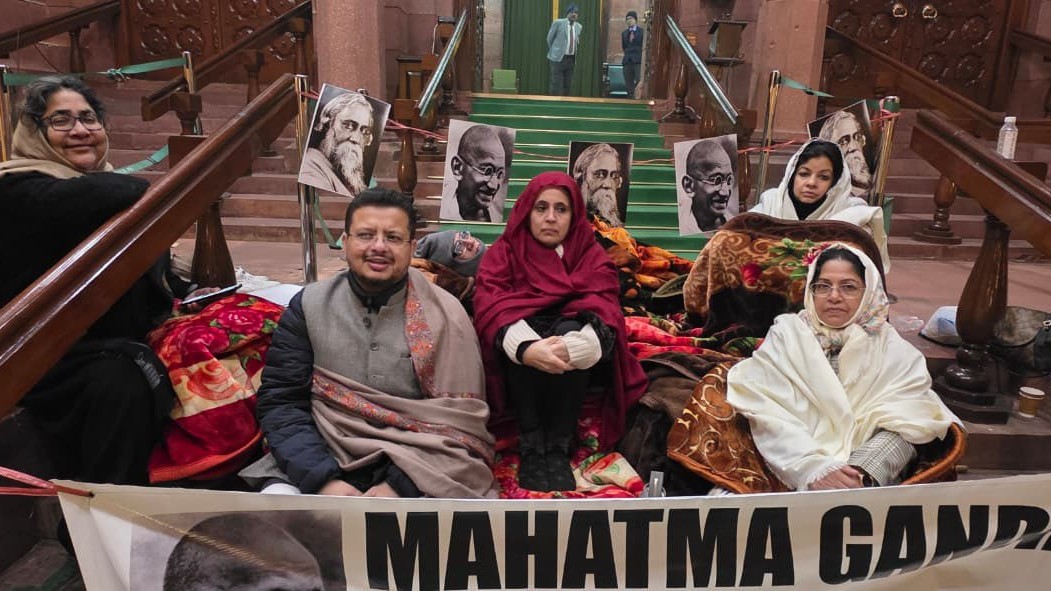
[[comment.comment_text]]